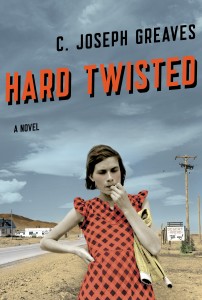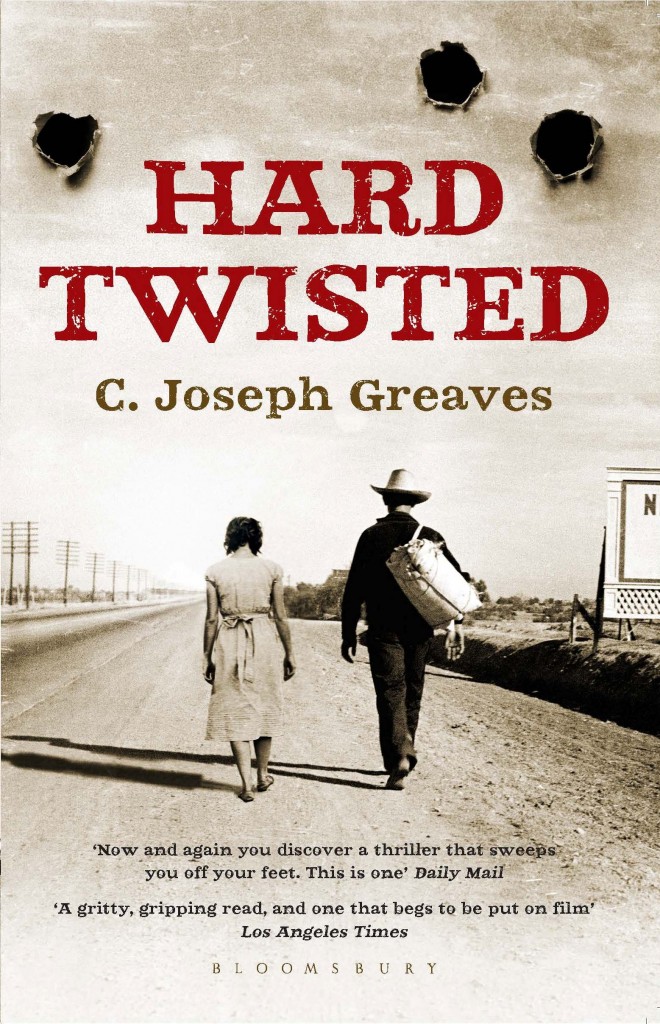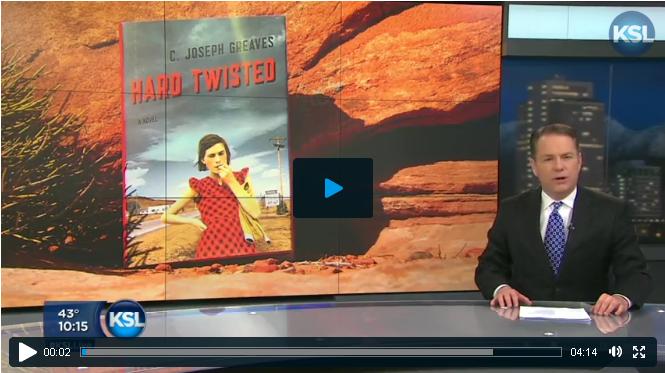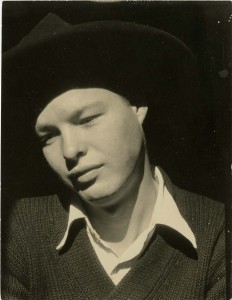Love the new cover! US paperback drops October 22!
Tag Archives: hard twisted
KSL-TV’s Investigative Look at Hard Twisted
Solving Everett Ruess
On November 12, 1934, a peripatetic young artist named Everett Ruess loaded up his pack burros, said goodbye to the friends he’d made in the remote Mormon settlement of Escalante, Utah, and resumed a journey of exploration – both cartographic and spiritual – that had come to define his young life. His intention, as expressed in letters he’d posted to his family in California, was to travel south – either across the Colorado River at Lee’s Ferry and back onto the Navajo reservation from which he’d come, or else into the maze of side canyons marking the Escalante River’s confluence with the Colorado, and thence eastward, crossing the latter somewhere above its junction with the San Juan River gorge.
He was never heard from again. Continue reading
Hard Twisted Talk: Verdict Roundup
As the release date for Hard Twisted approaches, the reviews are piling. Check out these links and excerpts below: Continue reading
Hard Twisted: The True Story
 With the publication of my sophomore novel in November, an eighteen-year odyssey comes to its conclusion. I hope you’ll agree that the story behind the story of Hard Twisted is one that’s worth sharing.
With the publication of my sophomore novel in November, an eighteen-year odyssey comes to its conclusion. I hope you’ll agree that the story behind the story of Hard Twisted is one that’s worth sharing.
In November of 1994, my wife and I drove from Los Angeles to a remote bed & breakfast in southeastern Utah, where we planned to spend the Thanksgiving holiday weekend with friends from Colorado. This is America’s red-rock country – a hallucinogenic landscape of buttes and spires, mesas and gorges – and is among our nation’s most beautiful, and, paradoxically, least populous regions. It lies at the northern edge of the Navajo reservation, where the San Juan River divides Monument Valley to the south from the towns of Mexican Hat, Bluff, and Blanding to the north. Continue reading
Puppets in the Woodwork
 A debate has raged in recent years within the auctorial echo chamber, pitting advocates of “traditional publishing” against the insurgent forces of “independent publishing.” Traditionalists – whom I’ll define as authors electing to cast their lot with one of the Big Six publishing conglomerates, under an advance-against-royalties compensation model – have decried the diluvial onslaught of self-published, print-on-demand, and e-book-original content flooding the marketplace, overwhelming the filters through which literature has historically passed on its long and wending journey to your neighborhood bookstore. Independents, conversely, delight in the democratization of publishing occasioned – dare we say kindled? – by the advent of the e-reader, and regard as both anachronistic and paternalistic the notion of ceding 80% or more of their book’s sale proceeds to a New York publishing house. Continue reading
A debate has raged in recent years within the auctorial echo chamber, pitting advocates of “traditional publishing” against the insurgent forces of “independent publishing.” Traditionalists – whom I’ll define as authors electing to cast their lot with one of the Big Six publishing conglomerates, under an advance-against-royalties compensation model – have decried the diluvial onslaught of self-published, print-on-demand, and e-book-original content flooding the marketplace, overwhelming the filters through which literature has historically passed on its long and wending journey to your neighborhood bookstore. Independents, conversely, delight in the democratization of publishing occasioned – dare we say kindled? – by the advent of the e-reader, and regard as both anachronistic and paternalistic the notion of ceding 80% or more of their book’s sale proceeds to a New York publishing house. Continue reading



